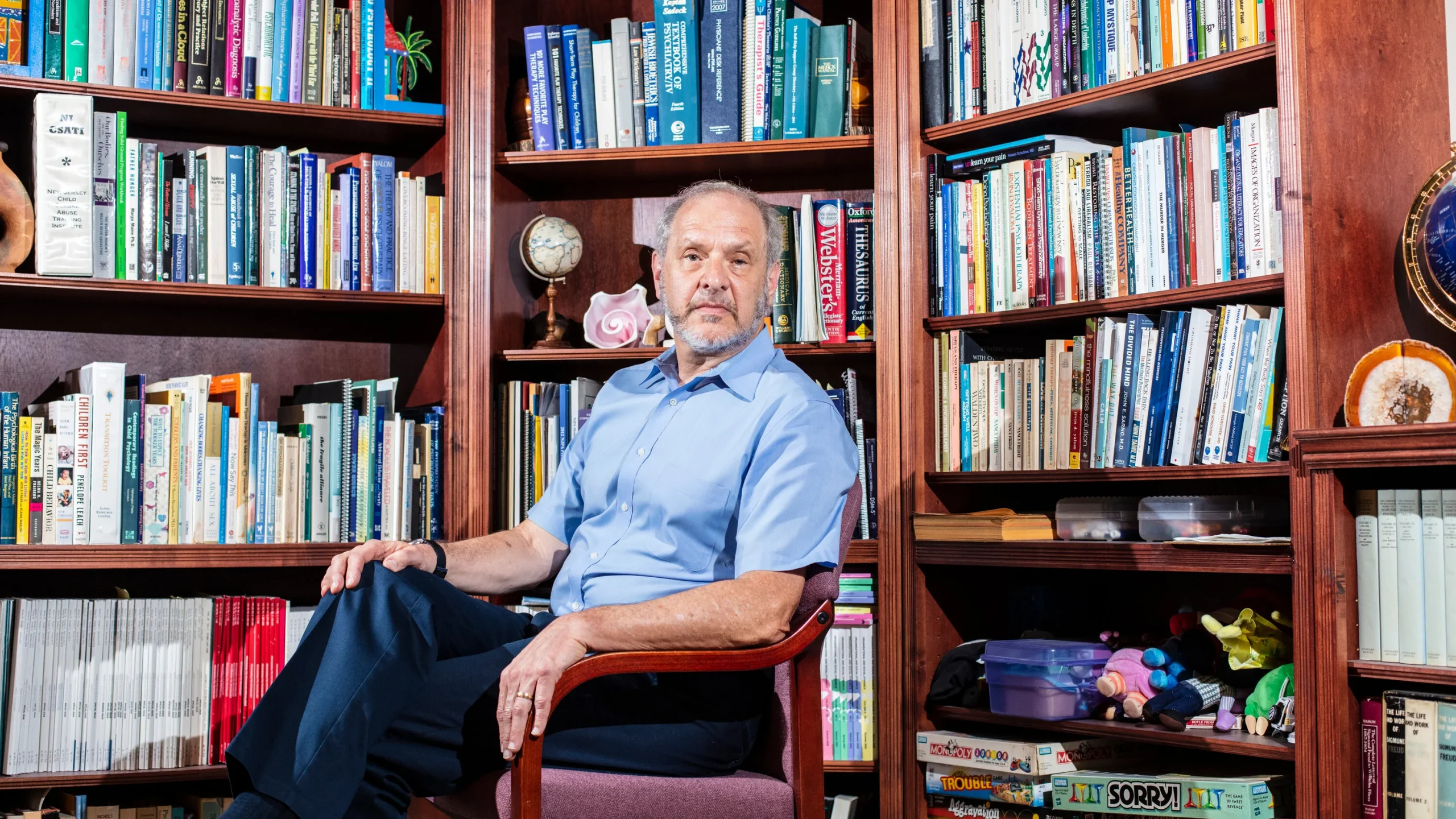The Unseen Guest in the Counseling Space
24.07.2025
When the Therapist Disappears: Grief, Silence, and Unfinished Endings
Mental health professionals are often private by design — boundaries and discretion are part of the job. But when therapists become gravely ill or pass away without warning, the emotional fallout for their patients can be devastating.
Psychologist Jeff Axelbank’s last session with his psychoanalyst, in June, ended like many before it — a thoughtful discussion about mortality, followed by a calm goodbye and plans to talk the next day. But on Friday morning, he received a cancellation text. She felt unwell.
No alarm bells rang at first. Over years of treatment, cancellations had occasionally happened. But the following week brought silence, and worry began to creep in. Axelbank’s messages grew more urgent, eventually turning to fear. Then a colleague texted: “I assume you’ve heard… I’m sending my condolences.”
Secrets, Shock, and the Ethics of Disclosure
As a fellow psychologist, Dr. Axelbank tapped into his network and uncovered the truth: his analyst had been battling late-stage pancreatic cancer since April — something she had never shared. She died the previous Sunday.
The revelation hit hard. Searching their final sessions for clues, he cycled through sorrow, guilt, and anger. Had she been trying to shield him? Should he have asked more direct questions?
In therapy, professionals are ethically advised to prepare for emergencies — designating someone to notify patients and offer continuity of care. But according to Lynn Bufka of the American Psychological Association, there is no reliable system for tracking who follows through. Without enforcement from boards or insurers, these plans remain voluntary — and often undone.
The Hidden Trauma of Therapist Loss
Psychoanalyst Dr. Robert Galatzer-Levy, who has worked with patients whose therapists died mid-treatment, says that secrecy around terminal illness can lead to lasting harm.
Many patients report not just sadness, but betrayal. Some learned of deaths through word of mouth, door signs, or obituaries. Galatzer-Levy believes that the failure to be honest — even in the face of death — is a deep violation of the therapeutic relationship.
A Profound, Unspoken Bond
For Dr. Axelbank, the connection with his analyst was transformational. Her focused presence helped him silence inner demons, overcome a lifelong stutter, and build healthier relationships.
“She knew me better than anyone,” he said. “Better than my wife, better than my family.”
And yet, there was no memorial, no public mourning. He kept up appearances for visiting friends, even attending a baseball game. Her passing, like that of a beloved pet or a miscarriage, felt invisible to the world.

A Pattern of Silence
Others have experienced similar endings. Eric Hensal learned of his therapist’s death only when he found the office locked. “No notice, no warning,” he recalled. “I still feel sadness when I think of that walk back to the elevator.”
Meghan Arthur’s analyst had been open about her cancer, even continuing sessions through treatment. She spoke of recovery, of future plans. Then came a warm group message from hospice — just for the weekend, she wrote. But weeks passed, and eventually Meghan learned the truth.
“She wanted to believe she would recover,” Arthur said. “But the ambiguity left me feeling abandoned.”
An Unfinished Job for the Living
The psychological community has made attempts to address this. After the sudden death of a San Diego psychologist in 1999, local professionals created a “professional will” template to guide others. The idea spread but remained underused.
Therapist Robyn Miller became an advocate after serving as executor for a friend’s practice. She was overwhelmed by grieving patients, many of whom felt blindsided. Her research showed that most therapists agreed on the need for a will — yet nearly 70% hadn’t written one.
She later founded TheraClosure, a service that helps handle the aftermath with dignity. According to Miller, thoughtful transitions can make the difference between painful loss and trauma.
The Power of Preparation
Some therapists do get it right. Laura Robinson remembers receiving a deeply personal letter from her therapist before she entered hospice. The message reflected on their shared journey. Moved, Robinson spent weeks writing a reply — though she wasn’t sure it was ever read.
Another patient, Leilani Crane, received a compassionate call from a colleague. She was offered support, referrals, even invited to a funeral. As the call ended, she glanced down to find an old ring, long missing, lying at her feet. “It felt like a sign,” she said. “She thought of us until the end.”
Returning for Closure
Haunted by unresolved grief, Dr. Axelbank decided to act. He reached out to his late analyst’s family, asking if he could return to the office one last time.
There, he was greeted by the therapist’s mother and sister. Sitting in the same room where he had spent so many transformative hours, he looked around — at the dream-catcher, the light, the armchair. The sister shared that the analyst had sessions booked the day after she died. She was in denial, or maybe just deeply devoted.
“They said it as a compliment,” he recalled. “But it hurt. I didn’t get to say goodbye.”
They gave him session notes and allowed him to take the dream-catcher as a keepsake. Before he left, he hugged her mother tightly — and for a fleeting second, he felt her presence in the room.





